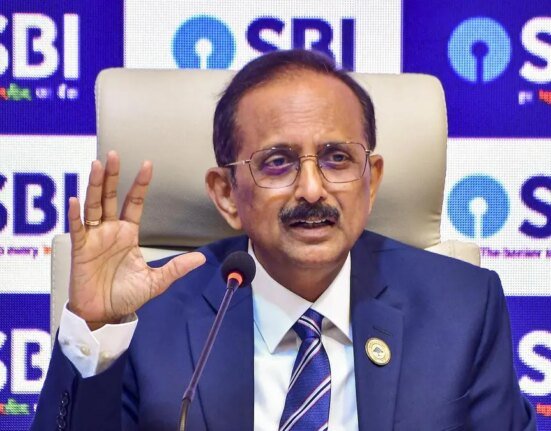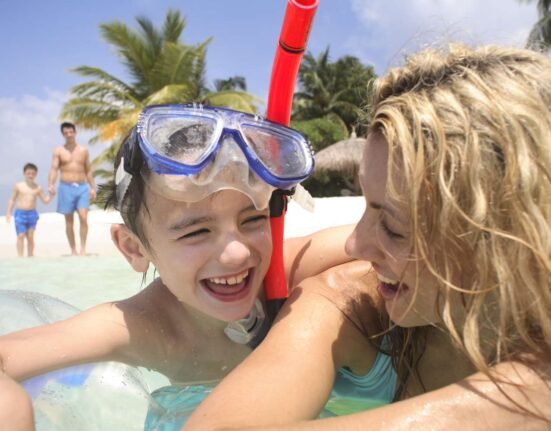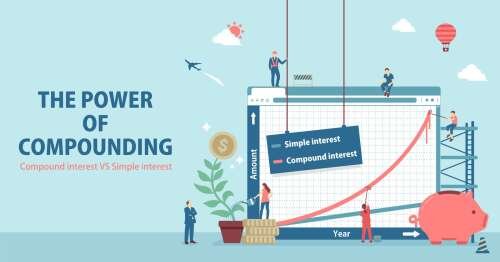In recent years, South Africans have increasingly turned their attention to offshore investments as a way to diversify their portfolios and safeguard wealth in a volatile financial landscape.
With economic uncertainties, fluctuating exchange rates, and the rising cost of living, many are looking beyond the borders of South Africa to grow their wealth and mitigate risk.
ADVERTISEMENT
CONTINUE READING BELOW
Offshore investments offer access to global markets, opportunities in foreign currencies, and potential tax advantages, but they also come with their own set of challenges.
It is important for South African investors to know what to look out for when investing offshore. Below are a few of the main considerations:
While the investor is alive:
- Impact of tax – South African investors are taxed on their worldwide assets; for higher-rate taxpayers, this means that 45% of the interest earned and 18% of capital gains are lost to tax.
- Withdrawals – When investing offshore, it is important to ensure that withdrawals can be paid directly to a foreign bank account to remain offshore.
- Efficiency – When investing offshore, it’s important to ensure that you can complete all transactions from South Africa, ideally online. Many offshore banks and providers may require original documents and might insist that you be physically present to complete certain transactions.
At the death of the investor:
- Foreign inheritance taxes – When South African investors invest offshore, they may need to have an offshore will and may be exposed to offshore inheritance taxes that could be costly and complex, as the family of the deceased will have to deal with South African and foreign estates.
- Illiquidity at death – Bank accounts are frozen on death, and bank accounts in jurisdictions where probate applies can lead to additional costs and delays in the distribution of assets.
Fortunately, there are various investment structures that can help clients avoid the complications mentioned above, making it easier for both them and their beneficiaries.
While there are many investment structures available, today we will focus on the Ninety One Global Life Portfolio. This offshore policy wrapper offers a tax-efficient way to invest and helps protect investors from the potential challenges associated with offshore investing.
Below is a summary of the key benefits of the product:
| Individuals | |
| Income tax | There is no income tax due to the use of roll-up funds; therefore, all interest earned will be reinvested and eventually taxed as a capital gain at 12%. |
| CGT on disposal | An effective rate of 12% applies (40% inclusion rate times 30% income tax rate). The individual interest and CGT exemptions are not utiliSed, so these remain intact. |
| CGT on death |
|
| Executor’s fees on death | Succession informed by beneficiary nomination.
Where a beneficiary is able to accept the benefit, the executor would not be needed to wind up the investment. |
| Liquidity | The investor will have one interest-free loan and one surrender in the first five years per contract. A loan and/or surrender is currently restricted to a maximum of the amount invested, plus 5% compound growth per year.
After the five-year restricted period, the investor will remain in the structure, and the investment will be fully liquid. |
| Currency of payouts | The investor has the flexibility to choose both the currency and the bank account, anywhere in the world, to receive the proceeds, provided the bank details are in the investor’s name. |
| Liquid on death | Efficiency of succession due to beneficiary nomination.
Term falls away on death. |
| Flexibility of beneficiary options | Primary and alternative beneficiary options. |
| Probate | None where beneficiary nominated. |
| Situs tax | Not applicable, as no inheritance taxes are payable in Guernsey. |
Example:
Let us consider a client who has R1.8 million at R18 to the dollar, roughly $100 000, to invest offshore. The client is a South African taxpayer and is currently in the 45% income tax bracket; he is married with two children who are older than 18, and all of them reside in South Africa. The main goal for the investment is to create a nest egg offshore that he can use at a later stage or give to his wife and children when he passes.
We invest the client in the offshore global portfolio wrapper with his wife as the primary beneficiary and the two children as secondary beneficiaries. Let’s look at the main benefits received by the client when investing through the offshore global wrapper while living and at death:
While the investor is alive:
- Taxation on growth: All growth within the investment structure will be taxed at a 12% capital gains tax (CGT) rate. Even if the client is invested in a money market, all interest received will be reinvested and eventually treated as a capital gain and taxed only upon withdrawal.
- Withdrawals: When the client makes withdrawals, the funds can be paid to any bank account worldwide that is in the client’s name.
- Tax advantages: As the tax is deducted within the policy and paid by the insurer, the client retains both interest and CGT exemptions. Therefore, the client will not receive a IT3b or IT3c.
At the death of the investor:
- Proceeds transfer: Upon death, the proceeds are transferred directly to the beneficiary, meaning the investment will not be frozen in the deceased’s estate. This creates liquidity for the client’s family and can save up to 4.03% in executor fees.
- CGT savings: The proceeds will be transferred to the nominated beneficiary(ies), with no CGT deducted, provided the beneficiaries choose to take over the investment as is. This can save the client up to 18% in CGT. Each beneficiary will inherit their portion of the sinking fund in their own name.
- Restricted period: If within the restricted period (first five years), the term will automatically lapse, and the beneficiary(ies) will receive a fully liquid investment.
- Foreign inheritance taxes: If the investor is a South African resident at the time of death, no foreign inheritance taxes (this can be as high as 40%) will be payable, as the investment is domiciled in Guernsey. However, estate duty may be applicable in South Africa if the beneficiary is not the spouse.
See below for a diagram illustrating the estate planning benefits of being in the offshore global wrapper versus an open-ended investment portfolio:
ADVERTISEMENT:
CONTINUE READING BELOW
| Event | Global portfolio wrapper | Unwrapped global investments |
| 2019: Invests $100 000 | When investing in the global portfolio wrapper, the investor is able to nominate a beneficiary. In this example the investor nominates their spouse. | This is an unwrapped global investment portfolio, and the investor cannot nominate a beneficiary. Therefore, this investment will be dealt with in accordance with the will of the deceased; certain offshore investments will need a foreign will. |
| 2024:
The investor dies. |
The global portfolio wrapper will be transferred directly to the spouse, who will become the new investor (as soon as we receive the beneficiary’s application form and Fica).
NO estate duty (4q), no executors’ fees, no capital gains tax, no probate, and no foreign inheritance tax. The restriction period will fall away immediately, allowing for unlimited withdrawals or loans. The new investor/spouse now nominates new beneficiaries. |
The investment is part of the deceased estate, and executors’ fees will be applicable. If the spouse inherits this investment in terms of the will, no estate duty will apply (4q).
Foreign inheritance (situs and probate) taxes may apply, depending on the jurisdiction of the underlying investments and possible spousal exemptions. If applicable, this could cost the beneficiaries up to 40% of the investment and freeze the investment within the estate. |
| 2034: The spouse dies. | The investment will be transferred to the beneficiaries nominated by the spouse at the time.
The investment is a deemed asset in the deceased investor’s (spouse) estate, and therefore, estate duty will apply but will not be frozen in the estate. However, no executors’ fees, CGT, probate, or offshore inheritance tax (Situs) will apply at this time provided that the nominated beneficiaries at the time are able to receive the global portfolio wrapper as is. |
The investment will form part of the deceased investor’s (spouse) estate. Executors’ fees, CGT, and estate duty will apply. Foreign inheritance taxes and probate may apply, depending on the jurisdiction of the underlying investments. If applicable, this could cost the beneficiaries up to 40% of the investment and freeze the investment within the estate.
|
That is why when Cento Capital considers financial planning, the investment structures we use are just as important as the portfolios we invest our clients in. The information provided above should not be considered financial advice. It’s crucial to consult with a professional when evaluating such structures.








